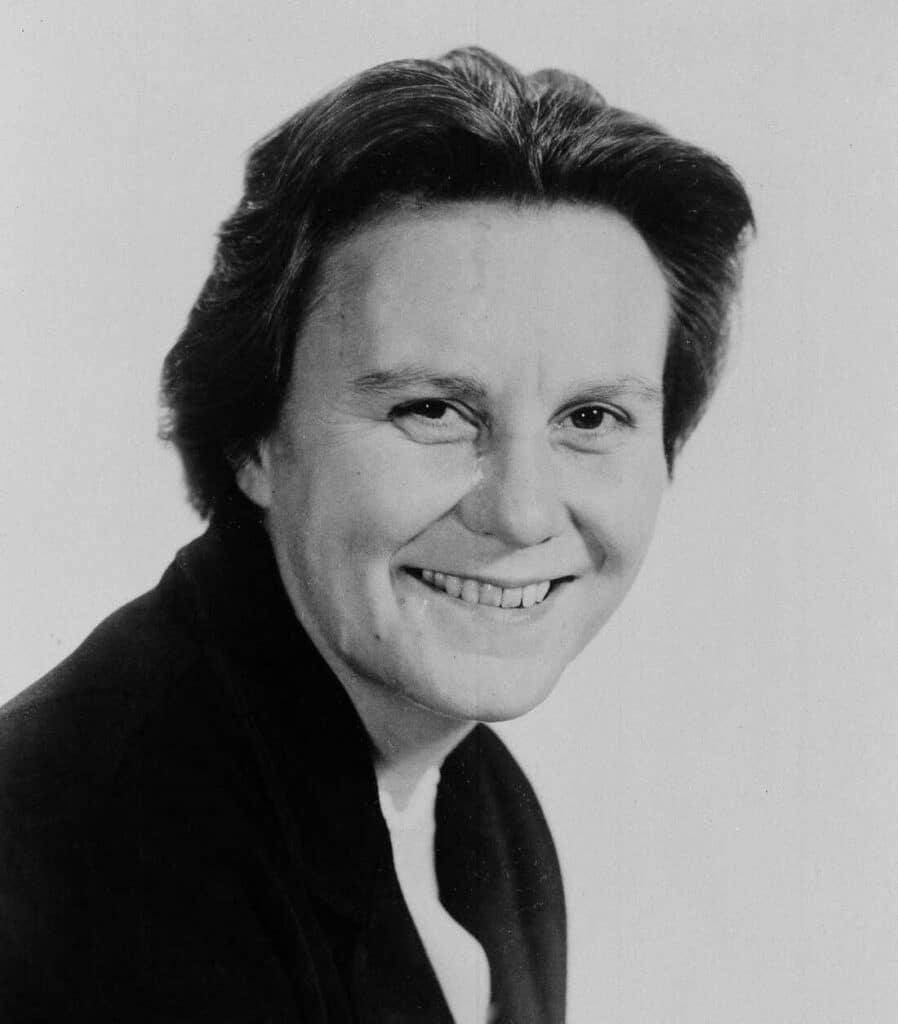Harper Lee
Nelle Harper Lee, an iconic figure in American literature, hails from Monroeville, Alabama, and gained widespread acclaim with her novel “To Kill a Mockingbird.” This seminal work, a profound narrative on racial injustice and ethical growth, draws heavily from Lee’s own experiences in the South, reflecting the societal dynamics she observed during her youth.

Her formative years were shared with Truman Capote, a relationship that significantly influenced both her literary and personal journey. Lee contributed research to Capote’s “In Cold Blood,” a collaboration that eventually strained their friendship due to Capote’s failure to acknowledge her contributions adequately.
Following the monumental success of “To Kill a Mockingbird,” Lee maintained a low profile, rarely interacting with the media and splitting her time between New York and Monroeville. Her later life was marked by health challenges, leading to her residence in an assisted living facility in her hometown.
Years after her landmark publication, “Go Set a Watchman” was released, presenting an alternate narrative of the familiar characters from Lee’s celebrated novel. This posthumous work ignited discussions and analyses, further cementing Lee’s enduring influence on literature.
Lee’s contributions extend beyond her narrative artistry, offering deep insights into human nature against the backdrop of ongoing societal challenges, solidifying her enduring legacy in the tapestry of American literature.
References:
- Britannica’s profile on Harper Lee.
- Chicago Public Library’s biography of Harper Lee.
- FamousAuthors.org’s overview of Harper Lee.
- LiteraryLadiesGuide’s perspective on Harper Lee.
QUESTIONS FOR DISCUSSION
- How does Harper Lee’s upbringing in the racially segregated South influence the themes and characters in “To Kill a Mockingbird”?
- In what ways does “To Kill a Mockingbird” challenge or reinforce the social norms of its time regarding race and justice?
- Lee’s relationship with Truman Capote was both personal and professional. How did this relationship influence her work, and how is it reflected in their respective literary contributions?
- “Go Set a Watchman” offers a different perspective on the characters from “To Kill a Mockingbird.” How does this later work alter or deepen the understanding of the original novel’s themes?
- Despite its critical acclaim, “To Kill a Mockingbird” has faced censorship and challenges in educational settings. Why has the book been controversial, and what does this controversy reveal about America’s struggle with its past and present?
- Harper Lee chose to live a private life after the success of her novel. How did this choice affect her legacy and the public’s perception of her work?
- The character of Atticus Finch has become emblematic in American literature and legal philosophy. What qualities make him such a revered figure, and how do his actions and beliefs resonate with contemporary social issues?
- “To Kill a Mockingbird” is told from the perspective of Scout, a young girl. How does her innocence and naiveté serve as a lens through which the reader experiences the story, and what does this perspective reveal about the nature of morality and prejudice?
- Harper Lee’s decision to publish “Go Set a Watchman” many years after “To Kill a Mockingbird” sparked a lot of debates. What does this decision tell us about the nature of authorship and literary legacy?
- Considering the themes of “To Kill a Mockingbird,” how does the novel speak to the current social and political climate in the United States, particularly regarding issues of race, justice, and equality?
© 2024, wcadmin. All rights reserved, Writers Critique, LLC Unless otherwise noted, all posts remain copyright of their respective authors.




